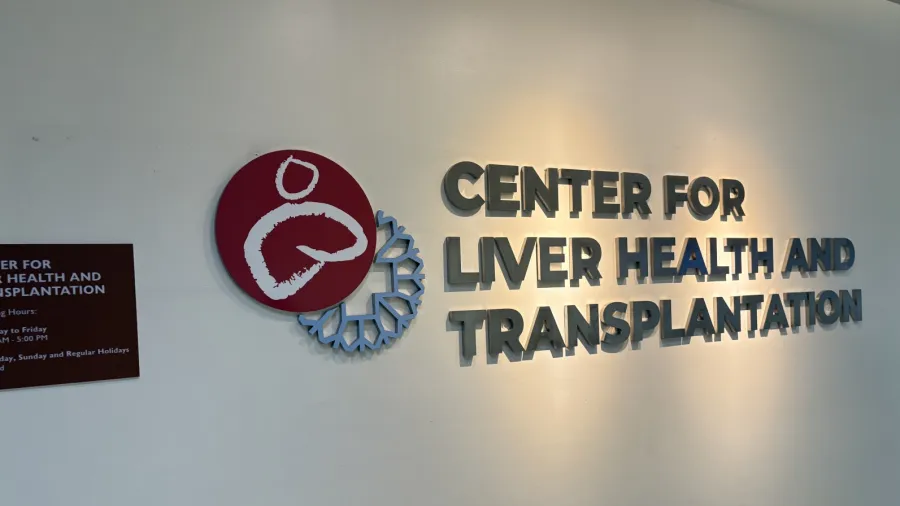
The Medical City eyes wider access to liver transplants
Manila has a low transplant volume due to high costs.
The Medical City (TMC) Ortigas has partnered with state-owned Rizal Medical Center (RMC) to expand its access to liver transplants amidst the Philippines’ underdeveloped organ donation system.
Unlike many Western countries and some Asian neighbours, the Philippines has low organ donation rates, Vanessa de Villa, director of the Center for Liver Health and Transplantation at TMC Ortigas, told Healthcare Asia.
“We’ve been doing [liver transplantation] since 2011, yet we've only completed 26 cases,” she said in an interview. “That’s about two transplants a year.”
To address the challenge, De Villa explored the public-private partnership model, leading to TMC’s collaboration with RMC. “Since RMC is a Department of Health-affiliated hospital, securing government support would be more feasible.”
In line with this, the partnership also focuses on strengthening the country’s liver transplant ecosystem through capacity-building initiatives, knowledge-sharing, and donation efforts.
“The centre also has a solid liver programme and has actively sent young doctors abroad for further training,” she said. "Together, we can bridge the gaps and create a sustainable, high-quality liver transplant programme for Filipinos."
De Villa, a general surgeon, attributed the low transplant volume to the procedure’s high costs, with most Filipino patients opting to go to countries like India or Taiwan. “The numbers in India are staggering, with hundreds of transplants performed there, while we have yet to reach 100.”
“Many would prefer to stay in the Philippines if given the choice, but the perception is that private hospitals are too expensive,” she said. “Those who go overseas manage to secure support from sponsors and charitable foundations.”
The hospital’s Liver Center runs the most active liver transplantation programme in the country, further reinforcing the collaboration.
Transplants will begin at the Manila-based hospital whilst the programme is being developed at Rizal Medical Center. The state hospital is building another facility that de Villa hopes will provide the needed infrastructure for the transplant programme.
“I have also joined the medical staff at Rizal Medical Center, allowing me to closely observe and understand the hospital’s systems,” De Villa said. “We can offer high-quality liver transplants, so why not provide patients with an affordable, local alternative?”
The doctor said most liver transplants at TMC involve living, not brain-dead donors.
“We have a specialised machine for cutting the liver — an ultrasonic cutter that has been an important upgrade as technology advances,” she said.
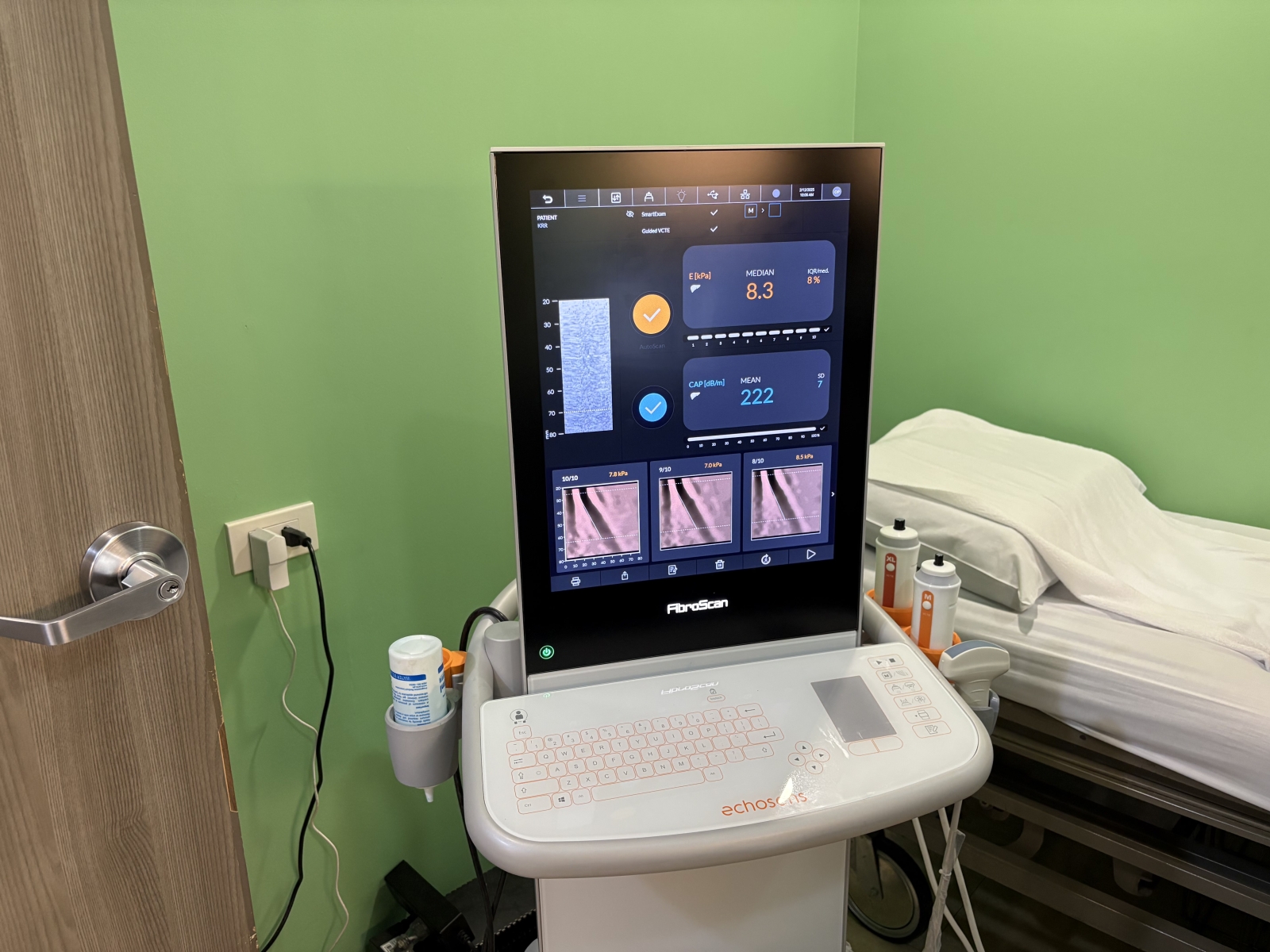
The hospital also has a dedicated liver transplant coordinator system, where specialists oversee patients’ follow-up care, medication, and potential complications. “We can provide interventional radiology, repeat surgeries, and other necessary therapies.”
De Villa said TMC plans to revive an initiative that seeks to create a community of transplant patients, letting them connect, share experiences, and support one another. The support group used to be active before COVID-19 struck.
“This creates a space where patients can connect,” she added.
While the Liver Center itself may not have a dedicated page, The Medical City has active social media channels where patients can inquire and book consultations, a deliberate approach to streamline patient support.
Clinical trial efforts
Beyond liver transplantation, The Medical City Ortigas has a multi-centre clinical trial site that conducts studies across specialisations such as oncology, cardiology, hepatology, and infectious diseases.
The hospital’s Clinical and Translational Research Institute is exploring chimeric antigen receptor (CAR) T-cell therapy, a treatment that helps the patient’s immune system better recognise and destroy cancer cells.
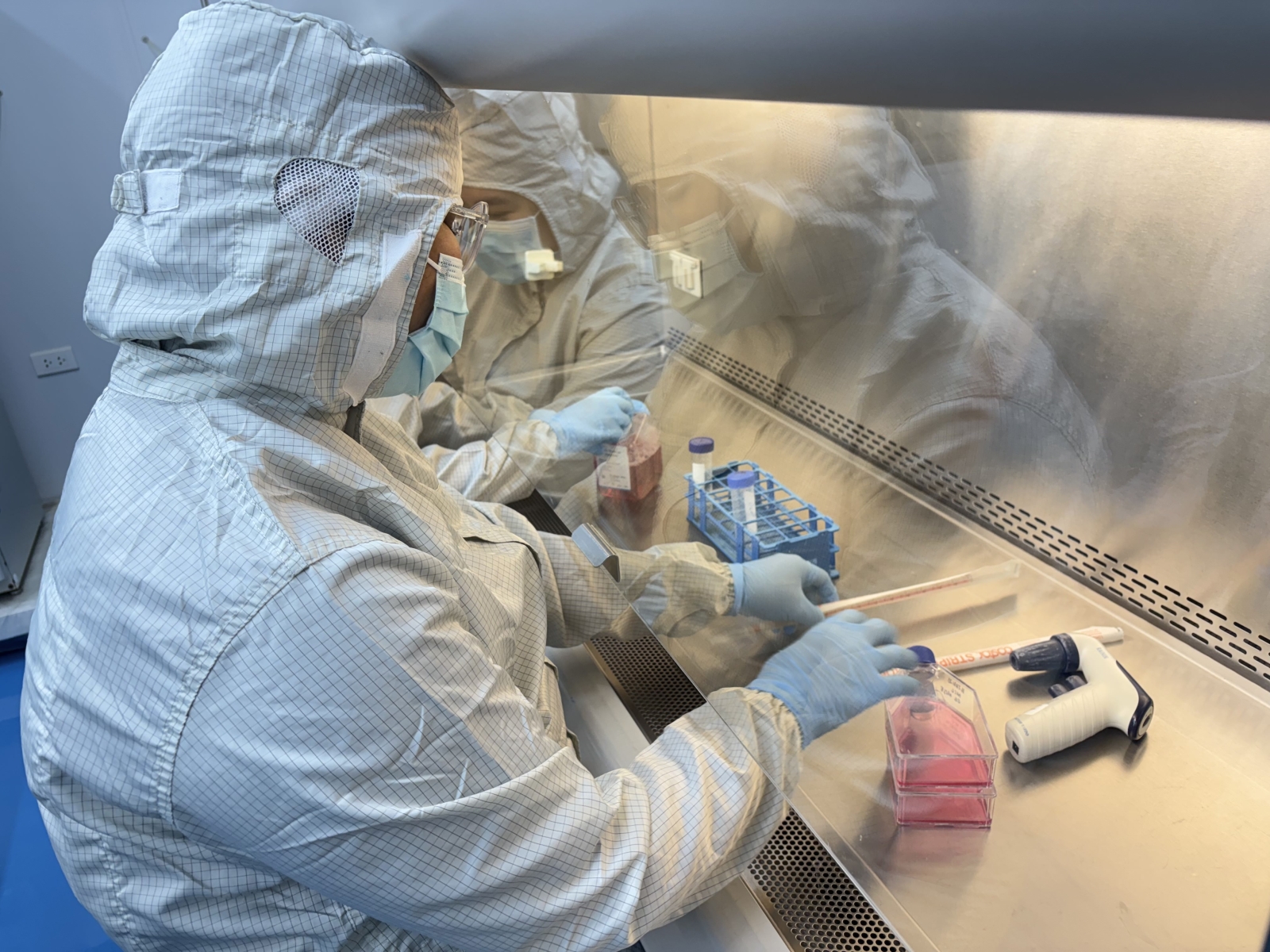
The institute is also involved in stem cell research and gene therapy, though these initiatives are still in their early stages, Edgar Dimaguila, Clinical Trial Unit head at TMC, said in the same interview.
“We have had initial discussions with the stem cell company,” he said. “They are also equipping us with the necessary training for the programme.”
The trials conducted within TMC’ mainly come from international and multinational research and development companies, he added.
Dimaguila said TMC is operating at full capacity, with clinical trials underway at all five hospital branches in the Philippine capital and in the provinces of Iloilo, Pampanga, Pangasinan, and Laguna.


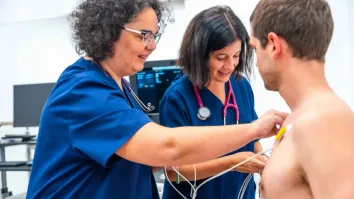

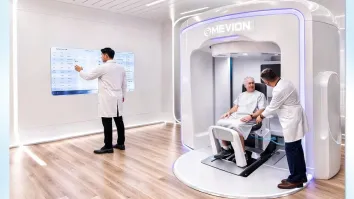
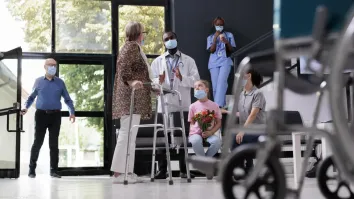













 Advertise
Advertise






